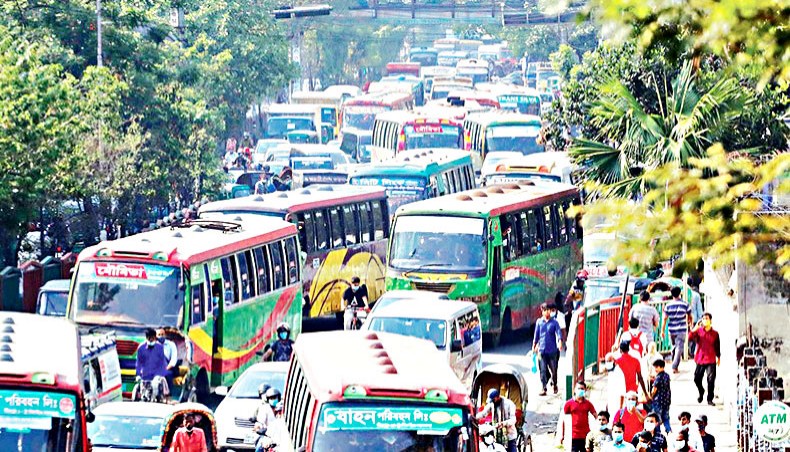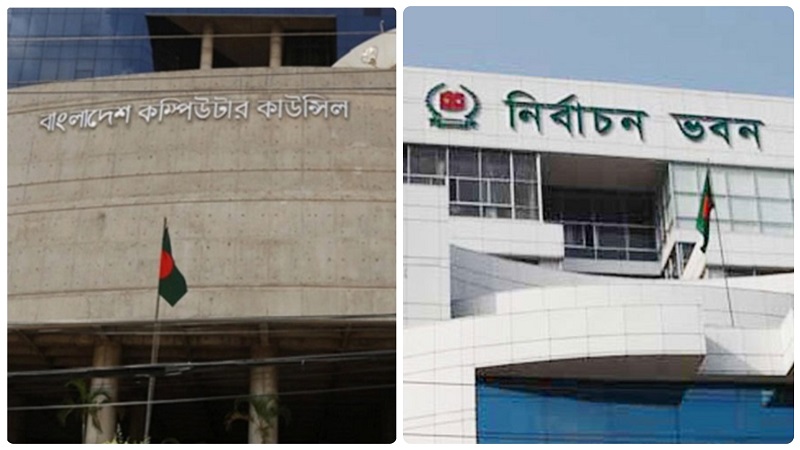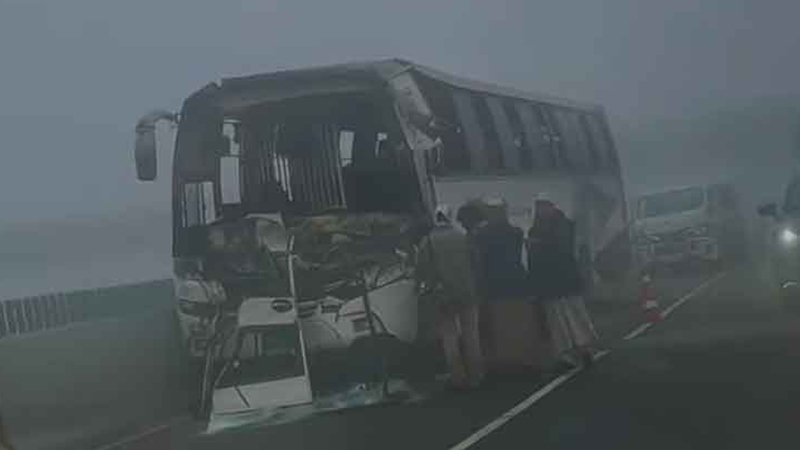IMAGINE asking someone whether a person or a car is more valuable. You would certainly hope that they would say that a person is worth more. At the least, you would hope that she would at least feel that children are more important than cars. But our behaviour speaks far louder than words.
If a child wishes to play ball in the parking garage of a residential building, other residents will scream: ‘He might damage my car!’ Cars need affordable housing; people do not. Cars need access throughout the city, but children do not need to play. When people feel that objects are more important than people, society is suffering from serious illness.
A few years ago (before Covid-19, if you can remember those days), my colleagues tried to organise a parklet competition to celebrate the international Park(ing) Day. Park(ing) Day, on the third Friday of September, is not a celebration of the storage of private vehicles in public space. On the contrary, it is meant to show the importance of reclaiming space from cars and giving it back to the real residents of the city: the people.
People temporarily occupy a few parking spaces and organise neighbourhood gatherings, social events, and play. We planned to give a prize to the group that did the best job of temporarily converting one or more car parking spaces into a lively, fun social gathering.
As I said, we tried to organise the competition. In the past we have had no trouble getting permission to conduct temporary parklets: just two hours of taking one or two parking spaces away from cars and giving them to people. Yes, it requires permission from various authorities, but we did obtain it.
But this time, most of those who wished to enter the competition failed to gain permission. This happened in Dhaka, in Brahmanbaria, and in Chattogram. In some cases the permission failed to come from the police; in another from the mayor; in a couple of spots, from university authorities. The argument? People have an unquestionable right to place their private car where they wish, but heaven forbid that people should want to organise a small and temporary social space.
Some people argue that with traffic so terrible already, it is crazy to take road space away for other, less important uses. That argument sounds sensible, but consider this: when will there be enough road space for cars? The more we give, the more they take. We can keep sacrificing more and more space to cars. In the process, we generate more air pollution. We worsen traffic congestion. We create danger for those travelling by foot, bicycle, and rickshaw. Yes, movement is important, but cars are the most inefficient way to move people in a city. It is cars, not people, that should be restricted.
Further, life is about more than moving around. People also need places to interact with others, to rest and relax, to meet their neighbours, to share ideas with other residents. We will never have enough parks and playing fields in Dhaka. As it is, some playing fields are used as car ‘haat’ (markets) on Fridays; once again, we value cars more than people.
There are a couple of things we can do, however. We can absolutely ensure that no more public spaces are converted into private uses or allowed to be occupied in ways that prevent their utility as public space.
We can also take some space in the roads away from vehicles and turn them into spaces for social gathering, for relaxation, for recreation: create temporary or permanent car-free streets, and convert parking spaces into parklets. After all, the original purpose of streets was to serve for movement, meeting places, and market places. Ideally, we could clear our footpaths for pedestrians by moving vendors onto some of the space otherwise used by parked cars, and intersperse vendor stalls with parklets.
People could walk more easily, vendors could continue to make a living, customers could access desired goods and services, and our streets would become more sociable places. Or we can turn our streets into parking lots and accept that it is cars, not people, who are the real owners of our streets and the only valuable citizens of our cities.













